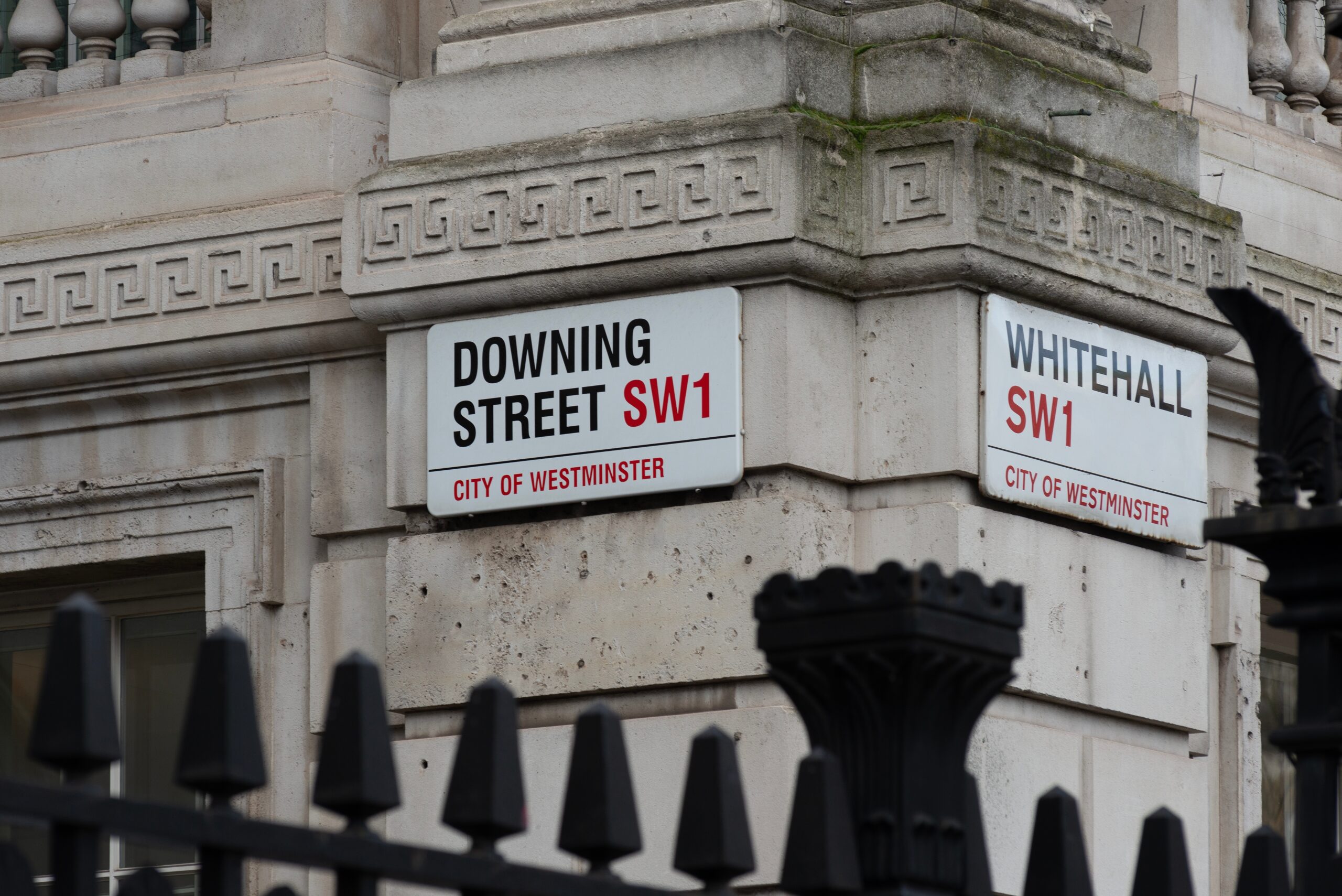Why we’ve launched a judicial review of the Safety of Rwanda Act

We have today submitted an application for judicial review on the UK government’s Rwanda Safety Act (its full name being the Safety of Rwanda (Asylum and Immigration) Act 2024).
This is not a decision that the FDA’s Executive Committee has taken lightly, nor welcomes. In March we wrote to the Home Secretary and Minister for the Cabinet Office, outlining our concerns regarding the provisions in the then-Bill, which indicated ministers may have discretion to ignore Rule 39 orders from the European Court of Human Rights. These are provisional orders, similar to an interim injunction from a UK court, and would potentially be issued to prevent the deportation of an asylum seeker, before the final decision is taken by the court.
Ignoring a Rule 39 order would be a breach of international law and civil servants have a legal obligation under the Civil Service Code to “uphold the rule of law and administration of justice”. We have been able to establish that whilst the current version of the Code does not make specific reference to international law, the original version, introduced in 1996, did. When it was updated in 2006 to simplify it, the government confirmed as part of the consultation on that revision, that the obligations on international law remain.
The Civil Service Code is not merely a professional code, it is backed by statute and therefore conveys on civil servants a legal obligation to follow it. Neither Ministers nor guidance can overrule that, only another act of parliament can.
There is therefore a potential conflict between the instructions of a minister and the legal obligations under the Code, if a minister was to decide to ignore a Rule 39 order.
The government could have chosen to have an explicit provision in the Act regarding breaking those international law commitments which would have resolved this tension, but they chose not to. Our correspondence made clear the areas of concern and they had plenty of time to address this during the protracted parliamentary stages. This is therefore no accident. It is not a matter of poor drafting, but a political choice from the government. Given their refusal to address these issues, we have been left with no choice but to ask a court to rule on this conflict.
Breaking our international obligations under the ECHR is not an uncontroversial act. The government knew that there were elements within the Conservative party that would not have supported such an explicit decision from Parliament. Instead, they chose to deliberately fudge this issue, and in doing so, have created this conflict with the Civil Service Code.
Ministers have an obligation under the Ministerial Code to “uphold the political impartiality of the civil service, and not ask civil servants to act in a way which would conflict with the Civil Service Code”. Civil servants should never be left in a position where they are conflicted between the instructions of ministers and adhering to the Civil Service Code, yet that is exactly what the government has chosen to do.
That it chose this controversial policy, with all of the political furore that surrounds it, is also an irresponsible act. Those who constantly seek to undermine the integrity and impartiality of the civil service have seized on the difficulties the government have had in implementing this policy, to accuse the civil service of acting politically.
We have been clear all along that our challenge is not to the policy itself – that is a matter for Parliament. Civil servants know that they have to support the government of the day and implement policy, regardless of their political beliefs, but they also know they have a legal obligation to adhere to the Civil Service Code. Faced with a government that is prepared to act in this reckless way, it is left to the FDA to defend our members and the integrity of the civil service.
Our only option therefore is to ask for a court to decide on this issue. In doing so, we want to do everything we can to resolve this before a civil servant is potentially placed in this invidious position by a minister and we have sought to act as quickly as practicable after the bill received Royal Assent.
We do not welcome this action, but neither are we prepared to shy away from it to protect the interests of our members and the integrity of the Civil Service Code.
Related News
-

Education Minister Paul Givan must provide clarity over Israel visit – FDA NI National Officer Robert Murtagh
The FDA’s National Officer for Northern Ireland Robert Murtagh has called on Minister of Education Paul Givan to urgently clarify the use of departmental resources for a recent trip to Israel.
-

No.10 briefings against Cabinet Secretary Chris Wormald “stink of political cowardice”, Penman says
FDA General Secretary Dave Penman has condemned briefings from No.10 sources that Cabinet Secretary Chris Wormald had lost the confidence of senior figures in Downing Street and would likely be replaced by January next year.
-

“Significant gaps” in current Northern Ireland standards regime, says Murtagh
FDA National Officer for Northern Ireland Robert Murtagh has called for a strengthened standards regime in Northern Ireland government.